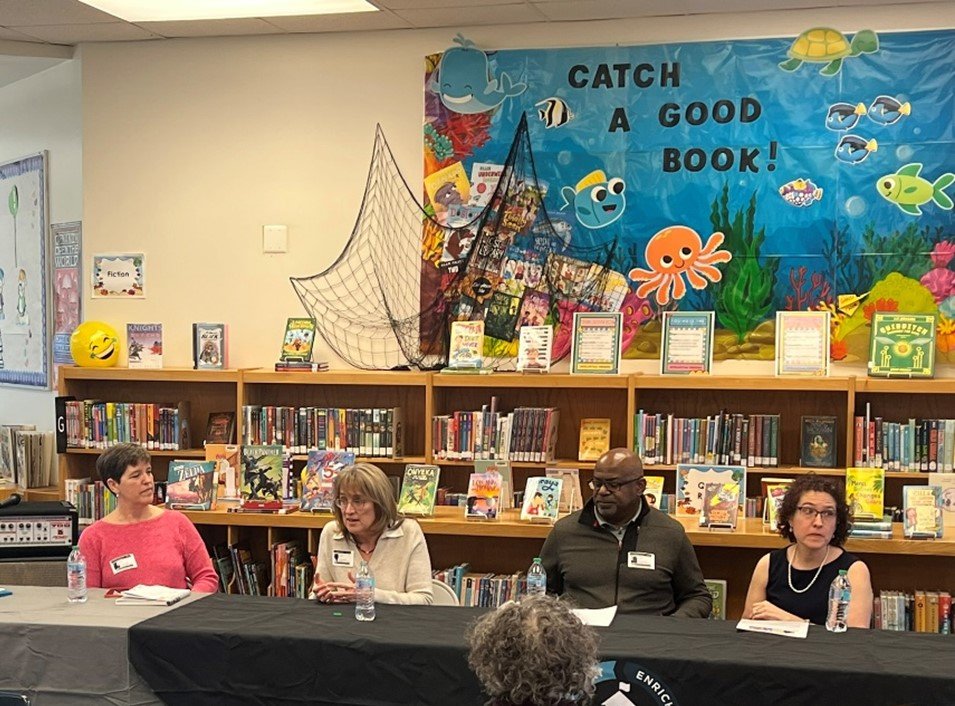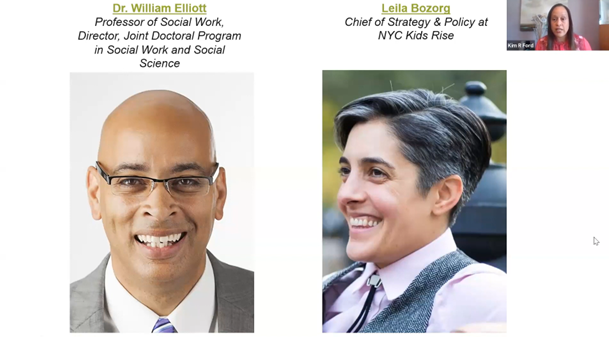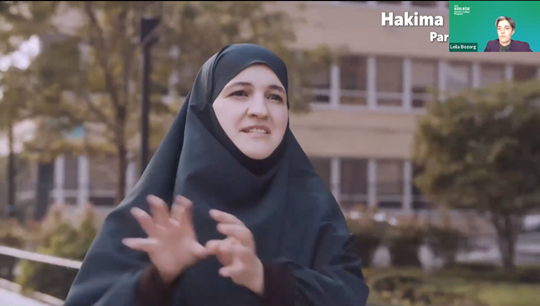Darius Graham, Managing Director for Community Investment with Maryland Delegate Mark Edelson
By Darius Graham, Managing Director for Community Investment
Maryland is taking a meaningful step toward expanding economic opportunity for children and families. The state’s budget that was signed in May by Governor Moore includes a provision directing the Comptroller to study the feasibility of a statewide baby bonds program that could help children born into poverty build wealth and achieve long-term financial security. With this study underway, Maryland is one step closer to making baby bonds a reality for children across the state.
At the Greater Washington Community Foundation, we’re proud to have played a leading role in bringing the idea of baby bonds to the forefront in Maryland. We were grateful for the opportunity to introduce the concept of a statewide baby bonds program to Delegate Mark Edelson and to work closely with him to craft House Bill 753 — the precursor to the provision ultimately included in the budget bill. We also provided testimony in support of the bill, recognizing its potential to chart a new course for building generational wealth, particularly for children from low-income families.
Maryland isn’t starting from scratch. Last year, the Community Foundation and our partners launched Brilliant Futures, a program serving up to 400 kindergartners in Prince George’s and Montgomery Counties. Each student receives an initial deposit of $1,000, with up to $1,000 deposited annually through 12th grade. Upon graduation, these students will have approximately $13,000 to use for education, homeownership, entrepreneurship, or other wealth-building activities. This study marks a pivotal step in our ongoing effort to transform innovative pilot programs like Brilliant Futures into public policy — turning bold ideas into lasting impact for children across the region.
The study will examine what it would take to scale a model like this statewide. It will explore sustainable funding sources, assess infrastructure needs, and analyze the potential impacts of baby bonds on key indicators like homeownership rates, higher education attainment, and small business development. This isn’t just about dollars and cents — it’s about opportunity. It’s about ensuring that every child in Maryland, no matter the zip code they’re born into, has a fair shot at building a stable, successful future.
“I truly believe that Baby Bonds can radically change outcomes for children facing poverty,” Delegate Edelson said. “I was so pleased to be able to move the needle on this discussion and I am looking forward to seeing the report when it is published.”
We’re excited to be part of this journey and grateful to Delegate Edelson — not only for advancing the original bill, but also for helping ensure the baby bonds study was included in the final state budget. We look forward to sharing more as the study progresses and to continuing the push for a future where all young Marylanders have the financial resources they need to pursue their dreams.
































